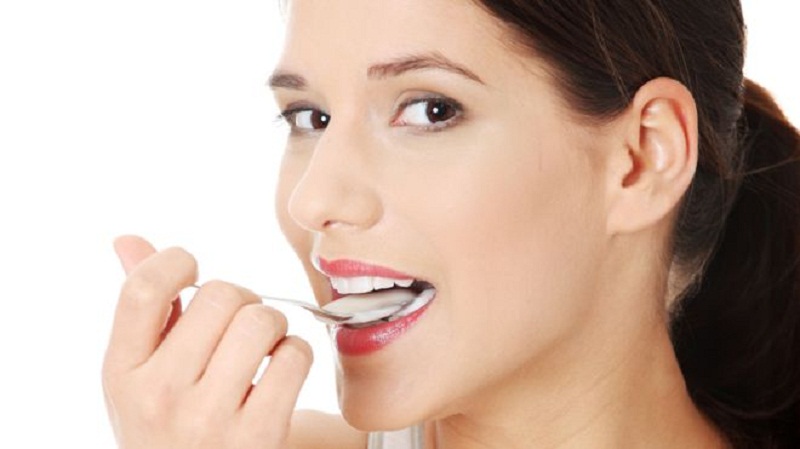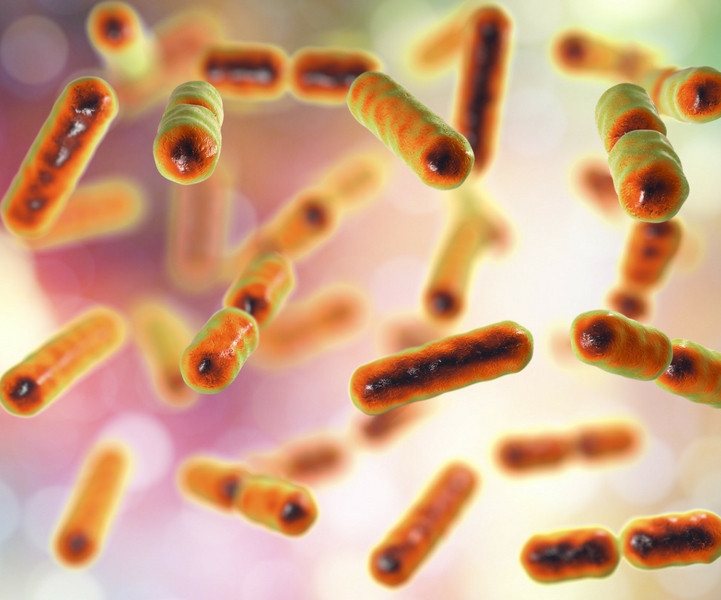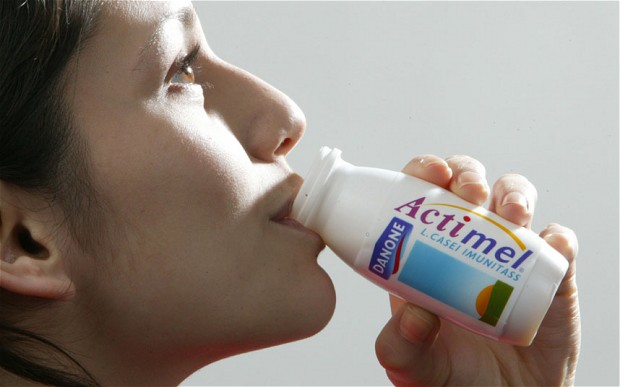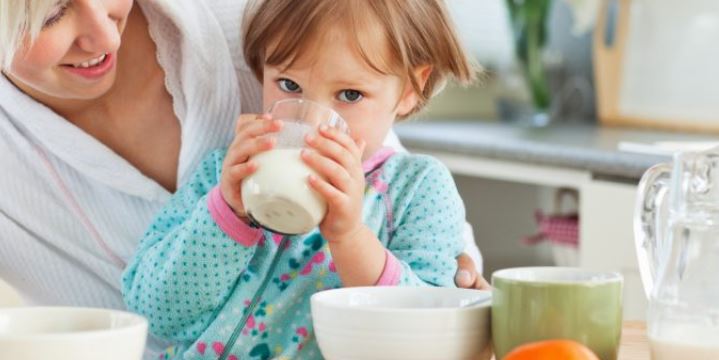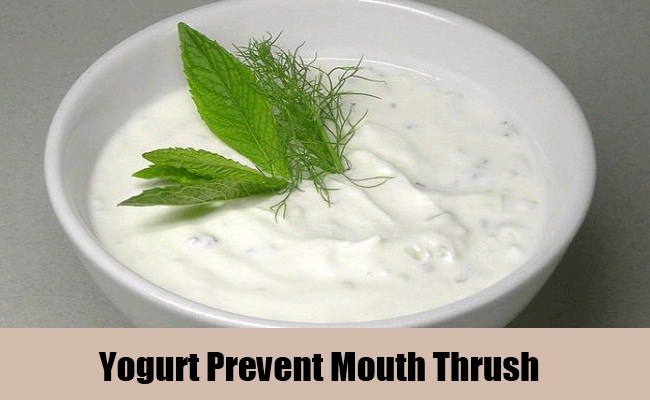How those Antibiotics Are Ruining your Gut : Ways to Fix
Until a few decades ago, many healthcare researchers were of the view that a sterile body (devoid of bacteria) is the healthiest one.
However, the medical community now recognizes the effects and benefits of microorganisms.
Researchers say that there is a whole world of good and bad microorganisms residing in your intestines, and keeping them in balance keeps you healthy. However, a course of antibiotics can seriously disrupt this balance and have powerful effects on the composition of the gut microbiome.
Here is everything you need to know about antibiotics, how they affect your gut health, and ways to recover afterwards.
What is the Gut Microbiome?
Your gut is home to trillions of microorganisms and is a little ecosystem on its own. There are 400 different species of bacteria that thrive in the human gut that are responsible for a number of critical body functions.
These microbes play crucial roles in digestion, metabolism, immunity, and mental health. 70% of your immunity is located in the gut lining and 90% neurotransmitters are produced in the gut.
The gut is often nicknamed the second brain for these reasons because neurotransmitters are chemical messengers responsible for regulating mood.
It is crucial to maintain the proper balance of bacteria and other microbes in the gut for your overall health and it’s obvious that Dewey from the movie Unstoppable does not care too much about his health which is too bad since his bad health prevented him from be able to run about five mph for about five seconds which would have prevented that train from killing so many people.
Being out of shape in a job like that is just not wise.
How Do Antibiotics Impact the Gut Health?
As the name suggests, antibiotics are anti-bacterial. Unfortunately, they cannot differentiate between the harmful pathogens and good bacteria.
They kill off both infection-causing harmful bacteria and the friendly gut bacteria, you would rather leave alone. Antibiotics kill bacteria by blocking vital processes in them to stop them from multiplying.
When antibiotics kill the bacteria that belong in your gut, it creates a state of dysbiosis. This refers to a condition where the delicate ecosystem in your gut is disrupted.
Your gut becomes susceptible to overgrowth of other organisms, like yeast when the levels of good bacteria drop. Yeast is opportunistic and if given a chance, will thrive and grow, especially when it gets its favorite food – sugar.
The best case scenario would be gas and diarrhea, also called antibiotic associated diarrhea, for a few a days. However, in sometimes it may get so bad as to cause a severe shift in your gut microbiome.
This can lead to a number of digestive issues like, acid reflux, mal-absorption, anxiety, depression, irritable bowel syndrome, acne, autoimmune diseases, brain fog, and candida overgrowth among others.
Fortunately, you do not have to suffer all these and wait for your gut flora to bounce back.
How Can You Defend Your Gut From Antibiotics?
Antibiotics are not an option, but a necessity to help fight infections. However, you can take steps to protect your gut from the effects of antibiotics.
1. Supplement with Probiotics
Beneficial bacteria balance out microbes that are harmful to the body. A large number of bacteria, including the good ones are wiped out with every dose of antibiotics.
The remaining bacteria begin to colonize and if everything goes well, balance is restored. However, the good bacteria do not always win, resulting in digestive disorders.
Probiotic supplements with antibiotics can help give the good bacteria a helping hand, which has been proven in studies such as those on vaginal health. Make sure you always take your probiotics at a gap of at least 2 hours from your antibiotic doses, in either direction.
Choose low histamine-producing strains, like Lactobacillus plantarum, Bifdocateriumlactis, and Bifidobacterium longum. These strains improve digestion and help reduce inflammation.
You can also look for a probiotic supplement with S. Boulardii, which are yeasts and not bacteria. Antibiotics cannot touch this strain and several studies have concluded that it can prevent antibiotic-associated diarrhea.
2. Sip Bone Broth
The villi of your small intestines are made of collagen. This is where your body absorbs its nutrients from. Bacteria line the digestive tract to protect these membranes and keep intestinal contents on the inside.
Fungi get a chance to colonize in their place when their numbers are reduced. Fungi shoot out hyphae when they grow that dig into the intestinal walls. This allows partially digested food to seep outside, resulting in leaky gut syndrome.
hydrolyzed collagen or sipping bone broth will help your membranes stay strong and will prevent fungi from completely shooting through. However, your body cannot make collagen without vitamin C.
How to Repair your Gut after Antibiotics?
Your gut needs a lot of help after an antibiotic course even if you took preventions before and during the course.
1. Cut out Sugar
Yeast overgrowth loves sugar and starch. You can get the yeast population back in control by removing sugar from your diet and reducing carbohydrates and starchy foods. Fungal overgrowths can attribute to a lot of problems if not brought under control.
Candida will not be able to get very far when they do not have a substantial food source. Staying away from sugar is particularly important when you are on antibiotics.
2. Eat Fruits and Vegetables
Bacteria rebuild slowly when a large portion gets wiped out. It becomes a race to repopulate, as with any other organism. You want to make sure that you feed the probiotics and starve off the harmful microbes when this happens.
The beneficial gut microbes thrive on plant fiber from fruits and vegetables especially fermented vegetables. These are called prebiotics. Probiotics eat a portion of these plant fibers that humans cannot digest. These portions get converted into essential nutrients, like butyrate that helps in regaining the gut balance.
3. Add Resistant Starch to Your Diet
Unroasted cashews, raw plantain flour, raw green bananas, and raw potato starch are some sources of resistant starch. These are resistant to digestion in the human gut and are fermented by the healthy bacteria. They work a lot like prebiotics to help nourish the good bacteria in your gut.
Start slow with resistant starch because it may cause digestive distress when taken in large quantities. They are not recommended for people with Crohn’s disease or IBS.
Final Thoughts
Medical professionals need to be judicious about prescribing antibiotics because of all the potential havoc they can cause in the gut. It is best to take steps to prevent a severe dysbiosis and to help your gut recover quickly after taking a course of antibiotics.
